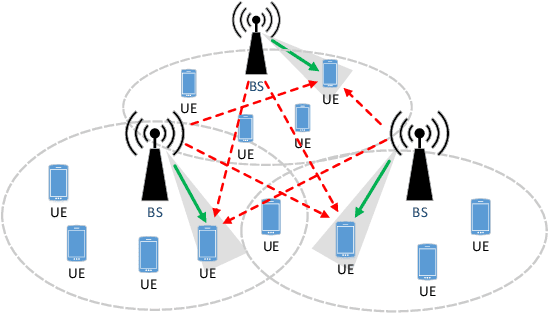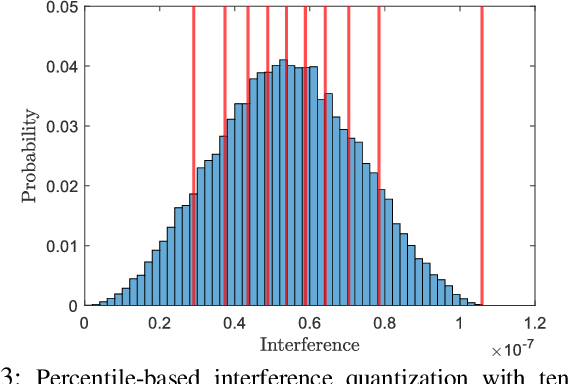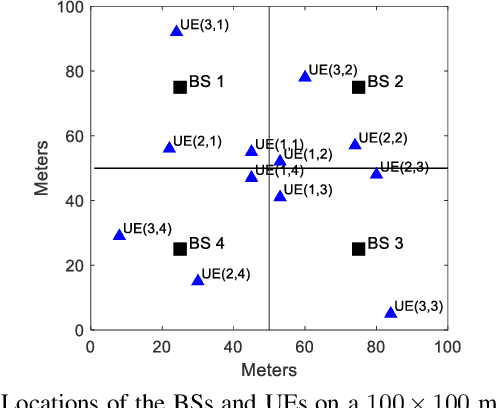Sneha Kumar Kasera
Two Measure is Two Know: Calibration-free Full Duplex Monitoring for Software Radio Platforms
Dec 15, 2022



Abstract:Future virtualized radio access network (vRAN) infrastructure providers (and today's experimental wireless testbed providers) may be simultaneously uncertain what signals are being transmitted by their base stations and legally responsible for their violations. These providers must monitor the spectrum of transmissions and external signals without access to the radio itself. In this paper, we propose FDMonitor, a full-duplex monitoring system attached between a transmitter and its antenna to achieve this goal. Measuring the signal at this point on the RF path is necessary but insufficient since the antenna is a bidirectional device. FDMonitor thus uses a bidirectional coupler, a two-channel receiver, and a new source separation algorithm to simultaneously estimate the transmitted signal and the signal incident on the antenna. Rather than requiring an offline calibration, we also adaptively estimate the linear model for the system on the fly. FDMonitor has been running on a real-world open wireless testbed, monitoring 19 SDR platforms controlled (with bare metal access) by outside experimenters over a seven month period, sending alerts whenever a violation is observed. Our experimental results show that FDMonitor accurately separates signals across a range of signal parameters. Over more than 7 months of observation, it achieves a positive predictive value of 97%, with a total of 20 false alerts.
A Q-Learning-based Approach for Distributed Beam Scheduling in mmWave Networks
Oct 17, 2021



Abstract:We consider the problem of distributed downlink beam scheduling and power allocation for millimeter-Wave (mmWave) cellular networks where multiple base stations (BSs) belonging to different service operators share the same unlicensed spectrum with no central coordination or cooperation among them. Our goal is to design efficient distributed beam scheduling and power allocation algorithms such that the network-level payoff, defined as the weighted sum of the total throughput and a power penalization term, can be maximized. To this end, we propose a distributed scheduling approach to power allocation and adaptation for efficient interference management over the shared spectrum by modeling each BS as an independent Q-learning agent. As a baseline, we compare the proposed approach to the state-of-the-art non-cooperative game-based approach which was previously developed for the same problem. We conduct extensive experiments under various scenarios to verify the effect of multiple factors on the performance of both approaches. Experiment results show that the proposed approach adapts well to different interference situations by learning from experience and can achieve higher payoff than the game-based approach. The proposed approach can also be integrated into our previously developed Lyapunov stochastic optimization framework for the purpose of network utility maximization with optimality guarantee. As a result, the weights in the payoff function can be automatically and optimally determined by the virtual queue values from the sub-problems derived from the Lyapunov optimization framework.
 Add to Chrome
Add to Chrome Add to Firefox
Add to Firefox Add to Edge
Add to Edge